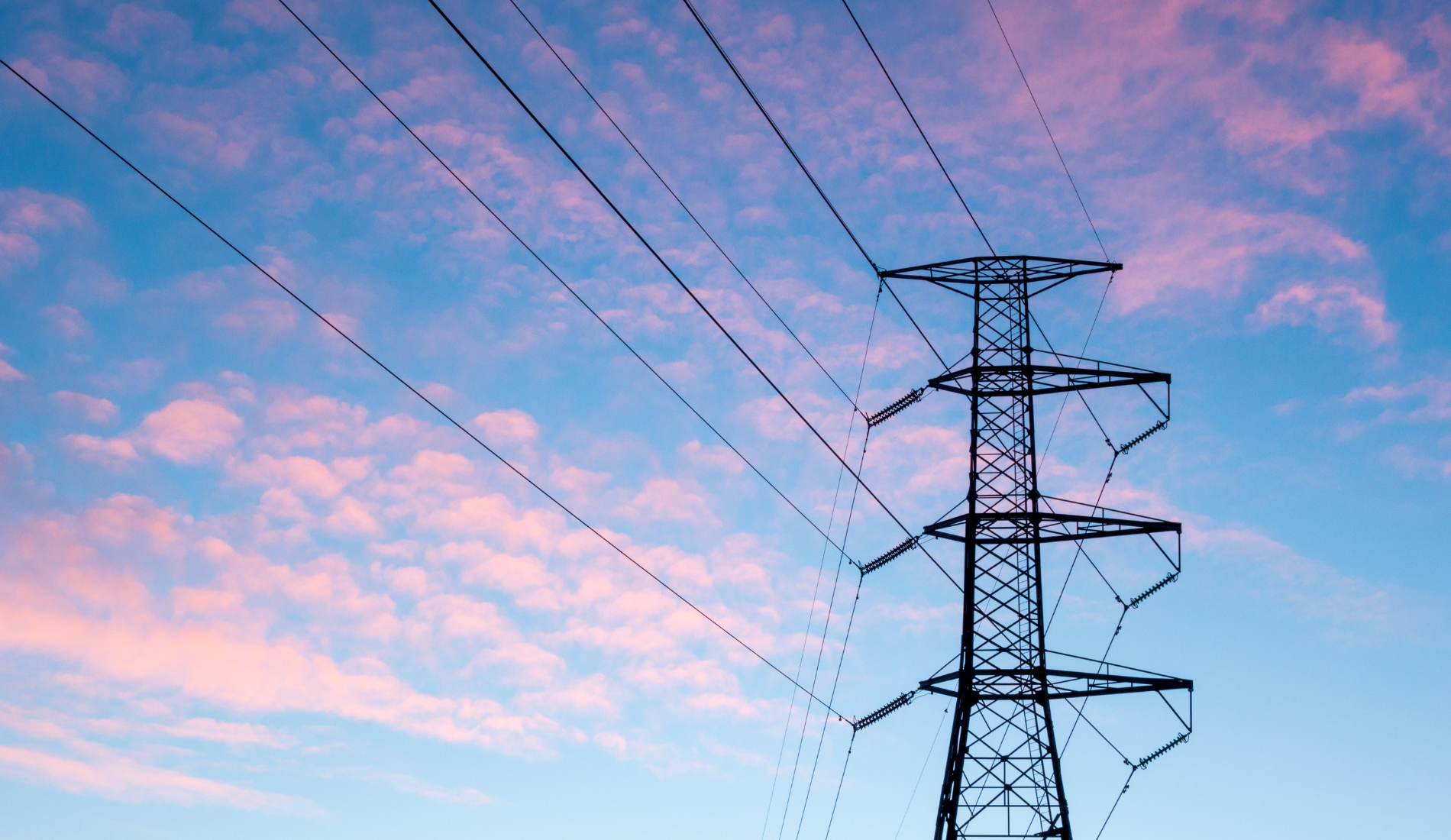In a bid to revamp Pakistan’s power sector and introduce a competitive electricity market, the government has directed the Power Division to amend the National Electricity Act 1910.
In a bid to revamp Pakistan’s power sector and introduce a competitive electricity market, the caretaker government has directed the Power Division to amend the National Electricity Act 1910. The move aims to align regulatory frameworks with the evolving realities of the sector, where progress has been sluggish in implementing a competitive trading model.
The envisioned Competitive Trading Bilateral Contracts Market (CTBCM) seeks to empower private consumers to directly procure electricity from producers, bypassing the traditional national grid. Currently, all consumers are obligated to receive electricity solely from the national grid, which has long suffered from rampant theft and losses.
Despite initiatives by the National Electric Power Regulatory Authority (Nepra) to open up the market and introduce the CTBCM model, progress has been insufficient. The Cabinet Committee on Energy (CCOE) recently convened to address this issue, forming a committee to deliberate on wheeling charges and expedite recommendations.
Wheeling charges, crucial for transmitting electricity from power plants to customers via a third party, have been a focal point of discussions. The Power Division has been tasked with conducting an internal assessment, engaging industry stakeholders, and submitting its findings to the committee by mid-February 2024.
Recognizing the urgency for legislative modernization, the caretaker government emphasized the need to update the National Electricity Act 1910 to reflect current industry dynamics.
Furthermore, the CCOE has been actively monitoring progress towards implementing the CTBCM plan. Monthly reports prepared by the Power Division highlight key updates, including the approval of final test-run reports and the readiness of the power sector for a competitive wholesale electricity market.
In a recent development, the government extended negotiations with independent power producers (IPPs) to encompass hydel and gas-based projects, alongside ongoing discussions with wind energy producers. This expansion aims to mitigate escalating tariffs, which have surged in recent months.
Under the PTI government, negotiations were initiated to review the dollar indexation clause in IPP contracts, with measures implemented to curb rising electricity prices amidst currency depreciation. The current caretaker government continues these negotiations, now broadening the scope to include hydel and gas-based IPPs.
During discussions, CCOE members underscored the importance of not limiting negotiations solely to wind or bagasse-based power plants. Instead, they advocated for the inclusion of hydel and gas-fired IPPs to comprehensively address tariff concerns.
In response, the Power Division has been directed to initiate separate negotiations with remaining IPPs, including those in the hydel power sector that have not signed memoranda of understanding (MoUs).
The government’s proactive approach towards modernizing regulatory frameworks and fostering competitive markets reflects a commitment to addressing longstanding challenges in the power sector. With ongoing negotiations and legislative reforms, Pakistan aims to pave the way for a more efficient, resilient, and consumer-centric electricity market.
